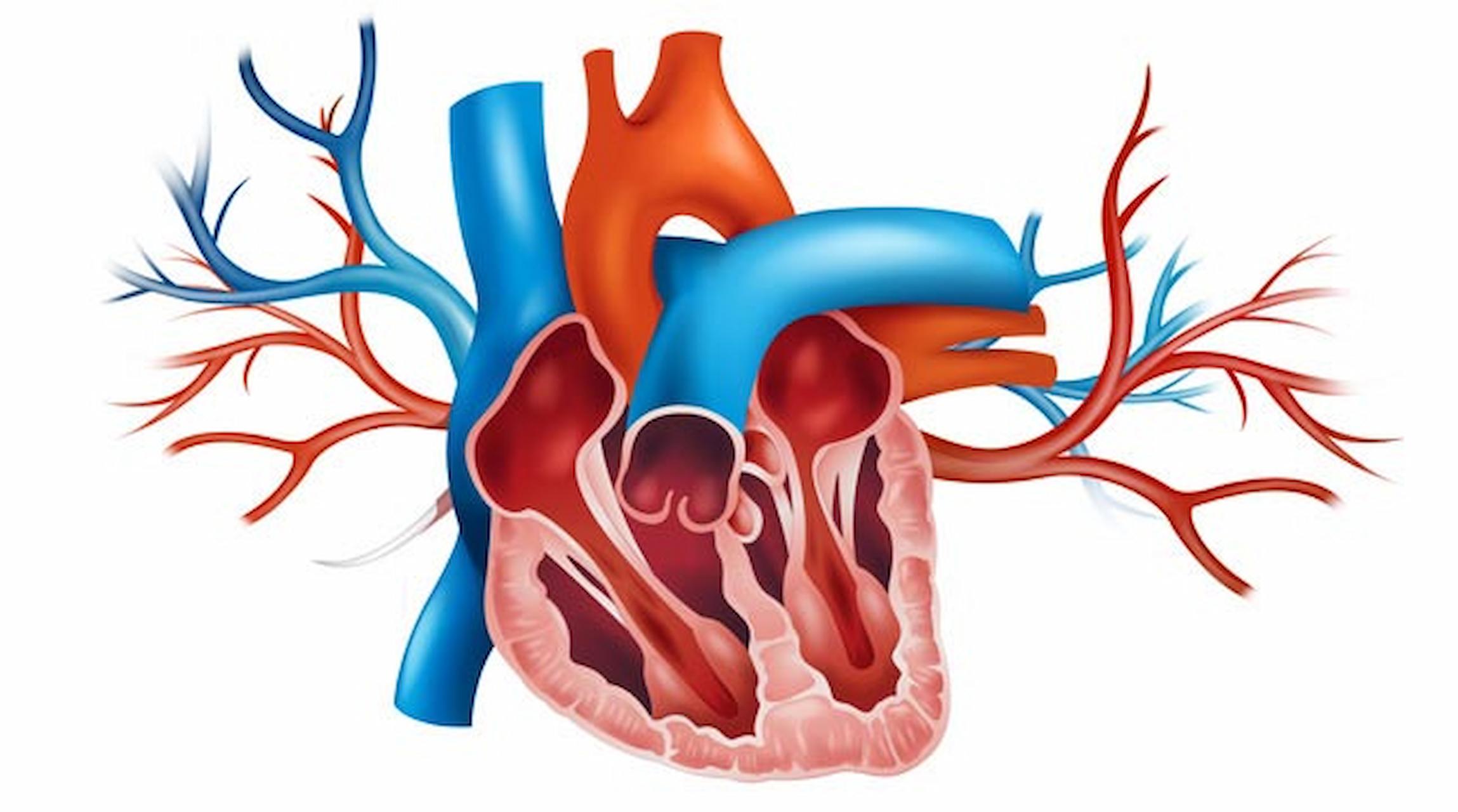What Is Mitral Valve Stenosis?
A human heart has 4 valves namely tricuspid valve, pulmonary valve, mitral valve and aortic valve, each of which plays a vital role in maintaining a proper blood circulation. The valve which is responsible for allowing blood flow from the left atrium to the left ventricle is the mitral valve. When the mitral valve passage becomes narrow, it is known as mitral valve stenosis or mitral stenosis at times. In such situations, this valve restricts the flow of blood into the left ventricle which is the main pumping chamber of the heart.
Rheumatic fever, which mainly happens due to strep throat, is the main cause of mitral valve stenosis. Due to this, the mitral valve can get scarred, leading to narrowing of the passage. Mitral valve stenosis may also occur due to deposition of calcium around the mitral valve. This disease is quite rare but if treatment is not done at the correct time, it can cause unnecessary complications in future.
Symptoms Of Mitral Valve Stenosis
In mitral valve stenosis, pressure build up takes place in the left atrium causing it to expand. Along with that, the fluid builds up in the lungs and makes you feel uneasy.
Some of the common signs of mitral valve stenosis are as follows:-
- Breathlessness: Facing difficulty while breathing especially after doing any activity or after lying down is a common symptom of mitral valve stenosis.
- Tiredness: Feeling extremely tired and restless, especially when activity levels are high are symptoms that shouldn’t be ignored.
- Inflammation of Ankles and Feet: Swelling of ankle, foot and leg can be observed during mitral valve stenosis.
- Rapid Heartbeat: In extreme cases, you may sense a fast heartbeat (palpitations) during this time.
- Unconsciousness: Collapsing while doing some activity or feeling weak and unsteady are notable symptoms of mitral stenosis.
- Coughing up Blood: If blood comes out when you cough, it is important that you consult a doctor.
- Chest Issues: Feeling heaviness or pain in chest are also signs of mitral valve stenosis.
At times, you might not develop any symptoms in spite of having mitral valve stenosis. In those cases, the symptoms become noticeable only when you are tired. The symptoms might also intensify during pregnancy or anything that causes stress development in your body.
Apart from these major symptoms, children who are suffering from mitral valve stenosis might face growth delays as well.
To stay safe and healthy, it becomes essential that you visit the doctor if you feel any of the above mentioned symptoms.




